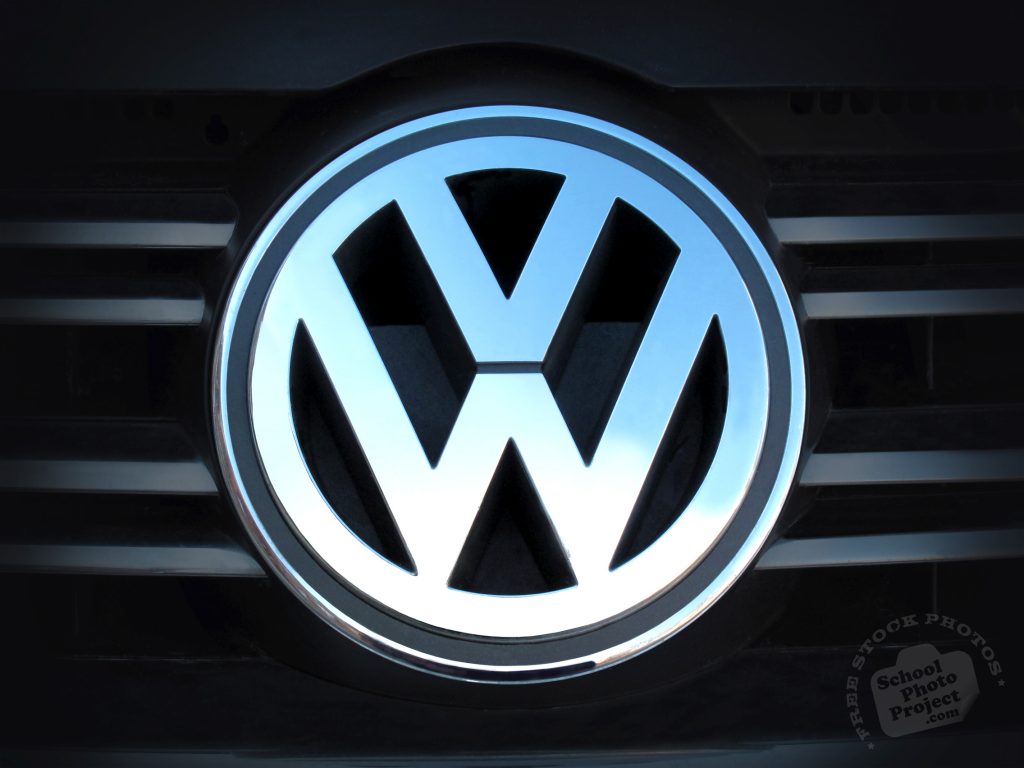
In September of 2015, Volkswagen admitted to the installation of a software that may be used to cheat on emissions tests in 11 million diesel cars worldwide. The software detected when the car’s emissions were being tested and modified the amount of nitrogen oxide exhausted. When not being tested, the car emits up to 40 times the maximum amount of nitrogen oxide permitted, although the car seemed to have better fuel economy and better performance. The nitrogen oxide exhausted is a potential threat to the health of the citizens and the environment.1 The executives at Volkswagen are not sincerely acting in general social interest. To be socially responsible, they needed to have put more money towards designing and making cars that actually meet emission standards since social responsibility is acting for “a general social interest”.3
Although Volkswagen’s executives seemed to balance the interests of most stakeholders, they exploited the trust between them and their customers by deceiving them through false advertising and tried to bypass the laws on emission limits set by the government. The failure to fulfill their social responsibility led to the deterrence of customer motivation to buy their product, leading to the losses of the shareholders as their stock value significantly decreased.3 Volkswagen announced that their profit would drop significantly over the next year and many of their models will no longer be sold in North America.1 Volkswagen’s losses can be explained through the Stakeholders’ Theory, where a successful company needs to “create value” for its stakeholders.2 In Volkswagen’s case there was an imbalance of value generally between the shareholders and the community – more of the value was created for the shareholders.
The company stated it would put aside $7.3 billion to make the cars satisfy the pollution standards, and were willing to work with officials to investigate deeper into the programming of the vehicles. CEO, Martin Winterkorn was pressured to take responsibility and to resign.1 Though the executives at Volkswagen did make a serious mistake, they are not entirely socially irresponsible as they have made steps towards correcting their error.
Word Count: 369
References
1 Ewing, Jack. “Volkswagen Says 11 Million Cars Worldwide Are Affected in Diesel Deception.” The New York Times, 22 Sept. 2015, www.nytimes.com/2015/09/23/business/international/volkswagen-diesel-car-scandal.html.
2 “What is Stakeholder Theory? – R. Edward Freeman.” Youtube, 1 Oct. 2009, www.youtube.com/embed/bIRUaLcvPe8. Accessed 11 Sept. 2016.
3 Zimmerli, Walther C., et al. Corporate Ethics and Corporate Governance. Springer, 2007. ProQuest ebrary, site.ebrary.com/lib/ubc/detail.action?docID=10187339. Accessed 11 Sept. 2016.
Image Source
“Car Brand Photo: Shiny Volkswagen Logo.” School Photo Project, Visually Delicious, 2016, www.schoolphotoproject.com/cars-motorbikes/volkswagen-logo-photo2.html. Accessed 11 Sept. 2016.